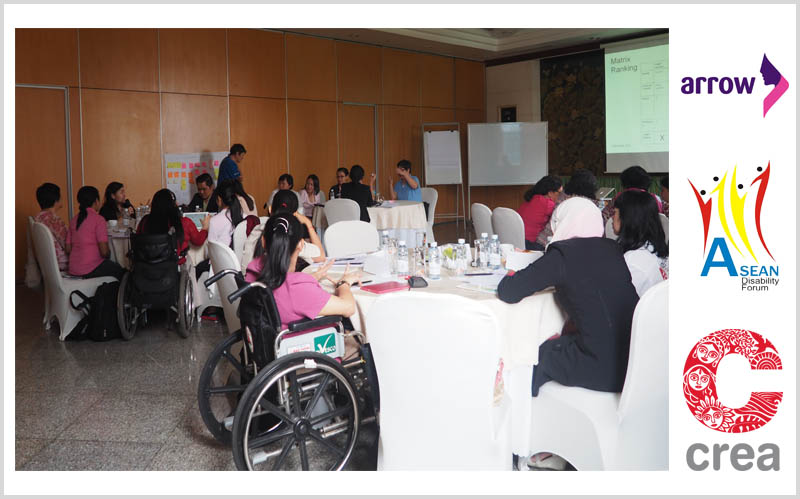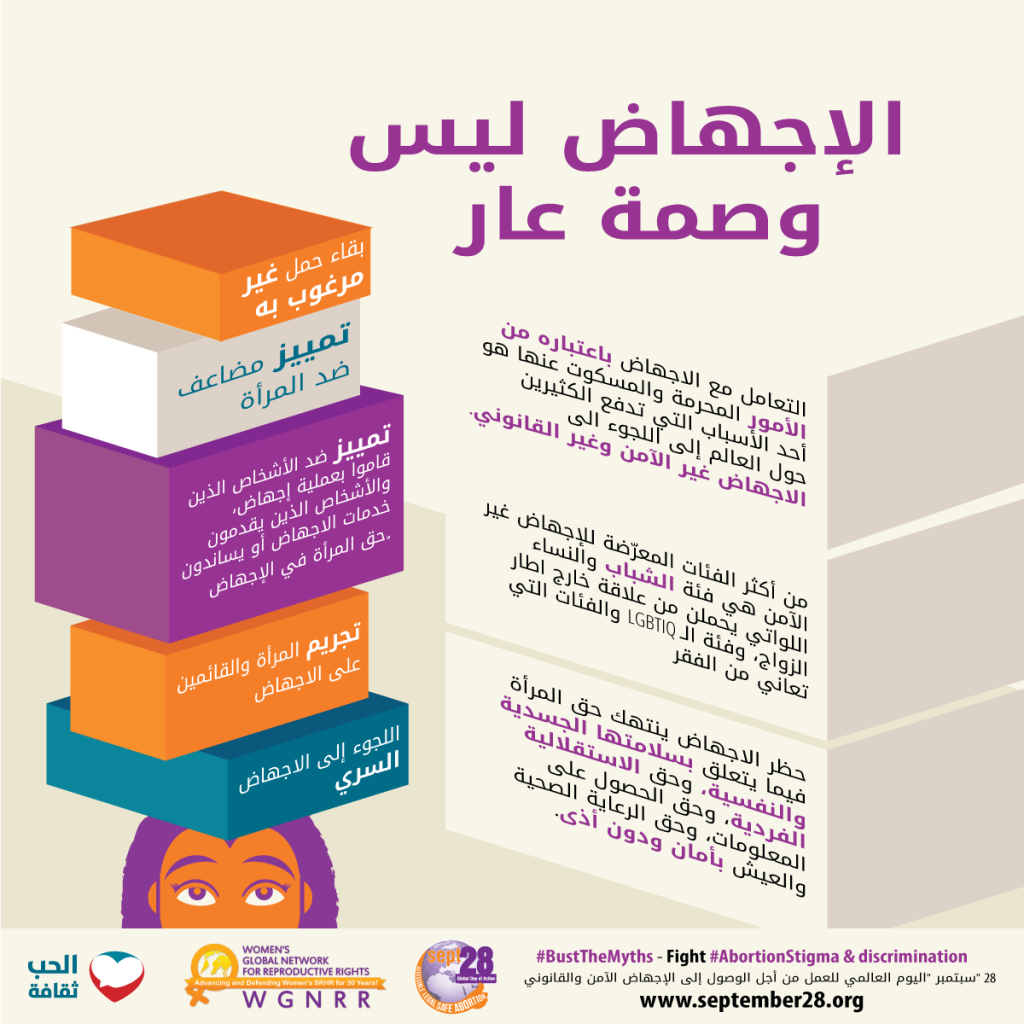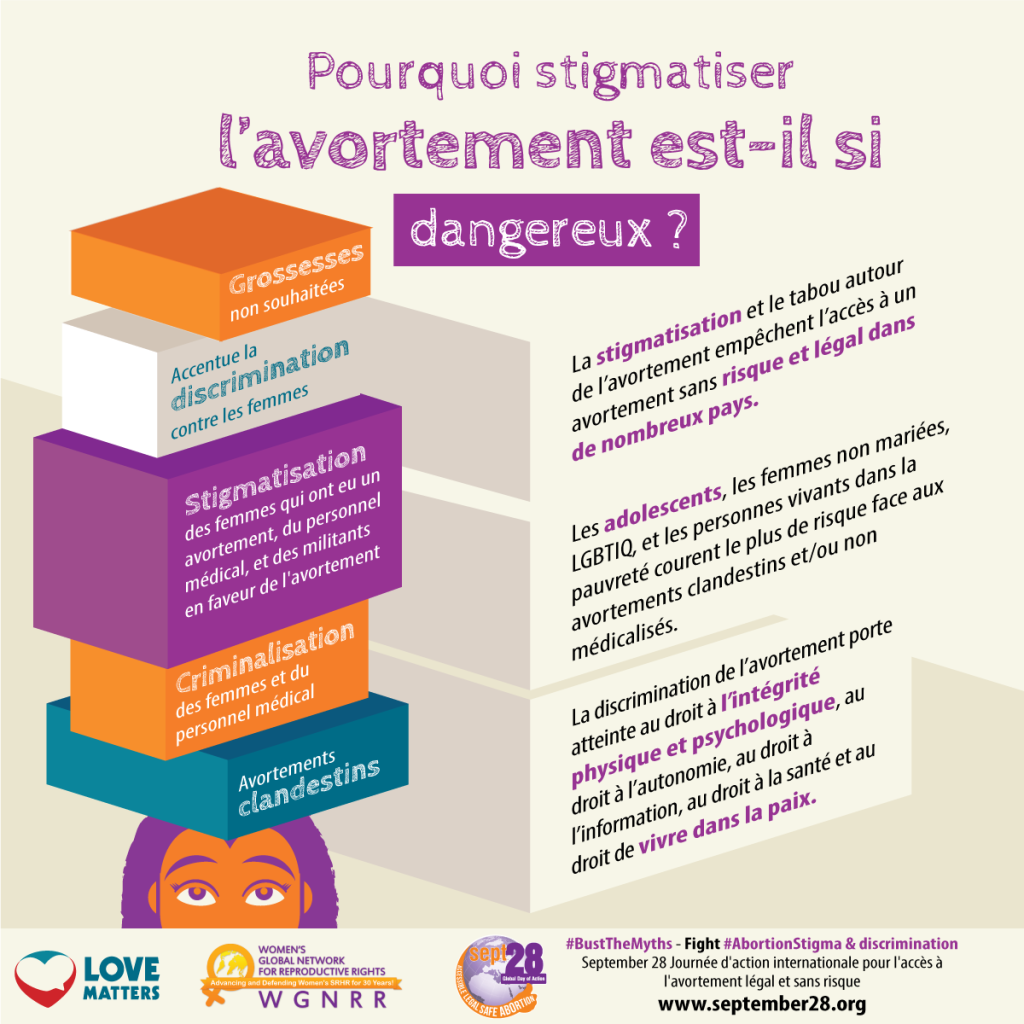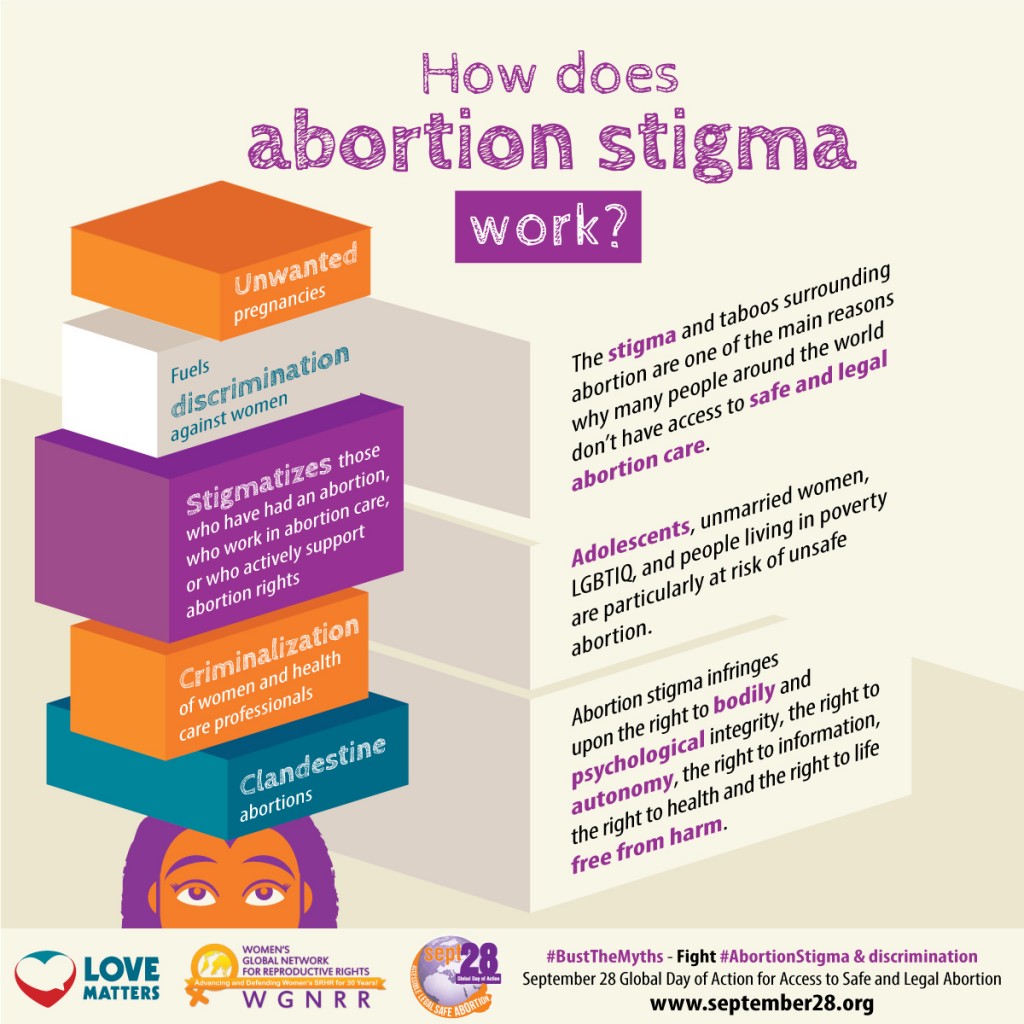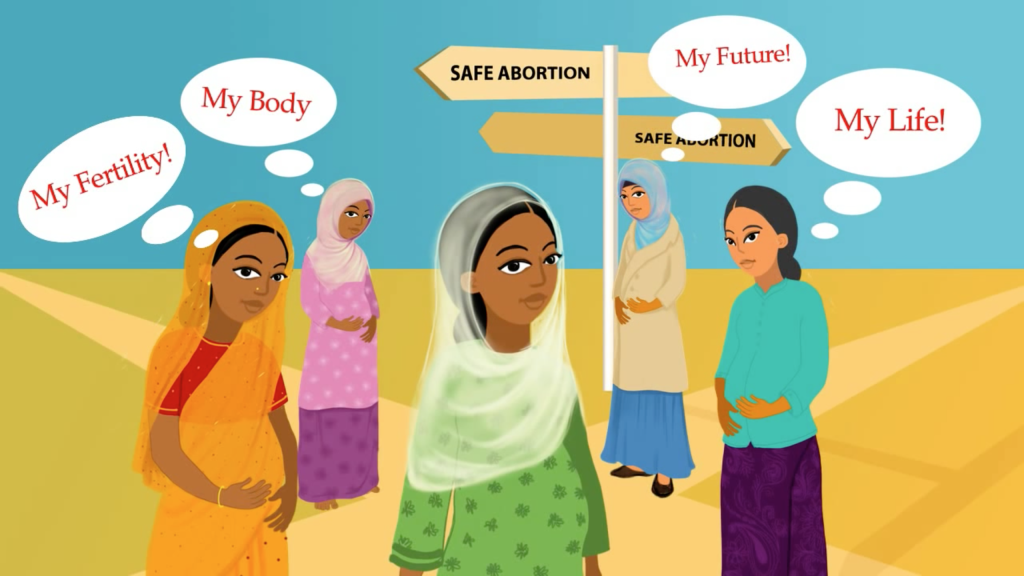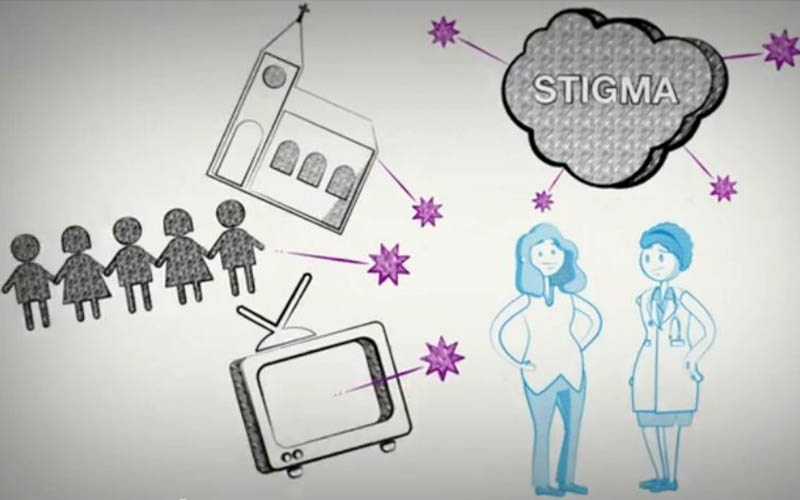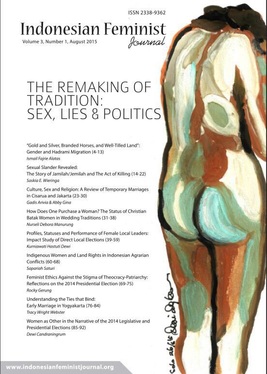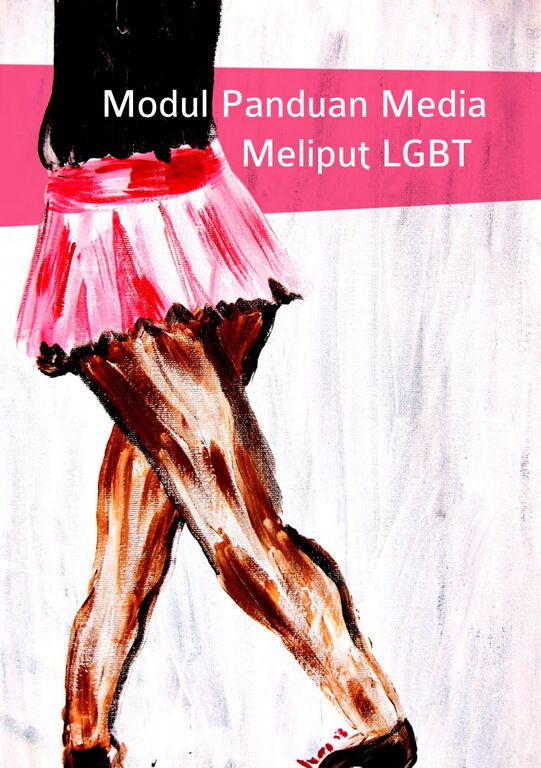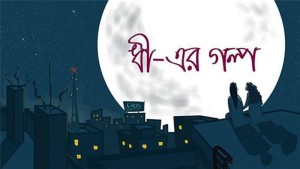1 November 2015
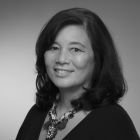
Dark Days for the Fairer Sex
Malaysia used to have one of the most progressive Muslim family laws in the world but by 2003, we are right there at the bottom, thanks to amendments to the law which discriminated women.
IN the latest UN report on Progress of the World’s Women 2015-2016, Malaysia is ignominiously lumped with Algeria, Bangladesh, Egypt, Iran, Jordan, Pakistan and Saudi Arabia, as countries that have maintained highly discriminatory family laws.
It is not that all these worst countries have laws based on Islam, for there are many Muslim countries with far better family laws. The significant finding is that women’s groups face the biggest resistance to reform when state and religion are closely intertwined. In such countries, religious doctrine is less likely to evolve and adapt to changing social practices as patriarchal interpretations of religion get frozen.
In contrast, the report highlighted the achievement of Morocco where the women’s movement mobilisation for family law reform, the election of a socialist party into power and the ascendance of a young progressive King successfully led to an overhaul of its Muslim family law.
The concept of male authority over women and a wife’s duty to obey the husband were abolished.
The law established equal rights and responsibilities within the family, heralding the Moroccan Moudawana today as the most progressive in the Muslim world.
What is so obviously missing in Malaysia is the political will to do what is right, what is just and fair for women.
While the nation’s leaders regularly pledge internationally their commitment to women’s equality and non-discrimination, a different story plays out at home, especially where the rights of Muslim women are concerned.
That a high middle-income supposedly modern and progressive country can be mentioned in the same breath with countries such as Saudi Arabia, Iran, Pakistan, and Bangladesh just shows how low this country has sunk with regard to women’s rights in Islam.
A country that in the 1980s had one of the most progressive Muslim family laws in the world, by 2003 had fallen to the bottom through two rounds of amendments that grossly discriminated against women.
Two weeks ago, the Sisters in Islam’s national convention on Muslim Family Law reform brought together some 150 single mothers and other concerned women from nine states – tired and angry women who have suffered the injustices of patriarchy at home and in the court system.
I’ve not seen a bigger group of outraged Malay women who felt that this government had turned its back on them. Their litany of complaints was not just long, but also old.
They’ve been saying it over and over again, and yet change has hardly come.
One single mother who filed for divorce within six months of marriage because of domestic violence took eight years to finally get her divorce – this in spite of 48 police reports against her husband.
And she is still battling him in court as further discriminatory amendments to the Islamic Family Law in 2005 now enables him to claim for a share of her assets that include a house that she had acquired before their marriage.
As much as it was heartbreaking to hear the endless stories of injustices, it was also heartwarming to see single mothers coming together to fight for their rights.
They were strong, articulate, confident. They knew their rights and they knew they had been betrayed.
Angry at the absence of any representation from the government (several opposition Members of Parliament and political aides came), the women declared that they really should be forming a new political party to fight for their rights as it was obvious, they said, that the government and its various arms really did not care for their interests.
Over three days, they learned how to facilitate and work together to define issues, and identify and cluster themes. They broke into groups to discuss the kinds of changes they wanted to see in law and procedure, on long-standing problematic issues over polygamy, divorce, division of matrimonial assets, children’s maintenance, financial compensation, and domestic violence.
They were tired that the men in their lives who had failed to provide and protect the family well-being were not punished for their bad behaviour. They demanded that fathers who failed to pay regular maintenance for their children and failed to provide the financial compensation due to the wives upon divorce should be prohibited from renewing their driver’s and business licences, and international passport, and that they should also be blacklisted and prevented from getting any bank loans, as is practised in Singapore.
They wanted the courts to use more frequently the existing provision of imprisoning these men for contemptuously ignoring court orders to provide for maintenance. They wanted the rules changed to enable the court to order that all arrears in maintenance could be deducted immediately from the men’s EPF funds – again as practised in Singapore.
On the issue of polygamy, they wanted the fifth condition for polygamy in the original 1984 family law be reinstated – that there will be no drop in the standard of living of the existing wife, children and dependents.
They wanted the courts to be strict in obtaining documented evidence that the man is truly able to afford a second family. They wanted a division of the matrimonial assets done and the monthly maintenance for the existing wife and children determined before the second marriage is allowed to take place.
They wanted a computerised central registration of marriage and divorce so that anyone can access the data system to check if their husband or the man they wanted to marry already had another wife.
Many of the women at the convention have faced long delays in getting a divorce because some husbands felt affronted that their wives could have the gall to demand their rights under the law.
While a man can simply divorce his wife without any reason, these women go through years of delays, including attempts at counselling and reconciliation that they felt were useless.
They had already endured years of trying to make the marriage work, so they said the state should trust their wisdom that when they finally decided to file for divorce, it meant the marriage was beyond repair.
So please don’t go through the motions of reconciliation that leads to nowhere, they said. Not even the husband who is challenging the application for divorce wants reconciliation.
He is just being vindictive, said the women, and the court should see through his charade.
Again, as practised in Singapore, they want the law changed where through talaq tafwid, the husband who is reluctant to pronounce divorce, can be ordered by the court to delegate it to his wife and she can pronounce the divorce on him before the judge.
Why is it that women of other faiths in Malaysia have been able to benefit from over 30 years of equal treatment in family law, while Muslim women are still regarded as inferior to Muslim men, under his authority and control?
Muslim men are privileged because they supposedly have a duty to protect and provide for the women and children in the family.
But in reality, as the experience of these single mothers show, these men neither provide nor protect their families. It is the women who as heads of households, provide and protect.
And yet men’s privileges in law and practice continue undisturbed, as if the realities on the ground do not matter to those who have the authority to make the desperate changes needed to ensure the well-being of the family.
What more needs to happen before these patriarchs open their eyes, their minds and their hearts that Muslim women too want to be treated as human beings of equal worth and dignity? What is so unIslamic about that?
* * * *
By: Zainah Anwar
Reposted from: The Star Online

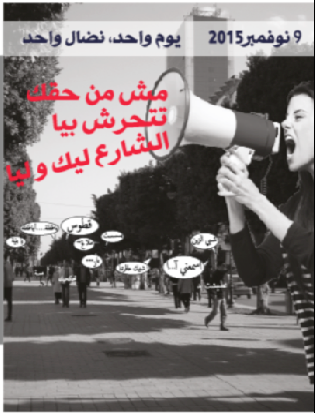

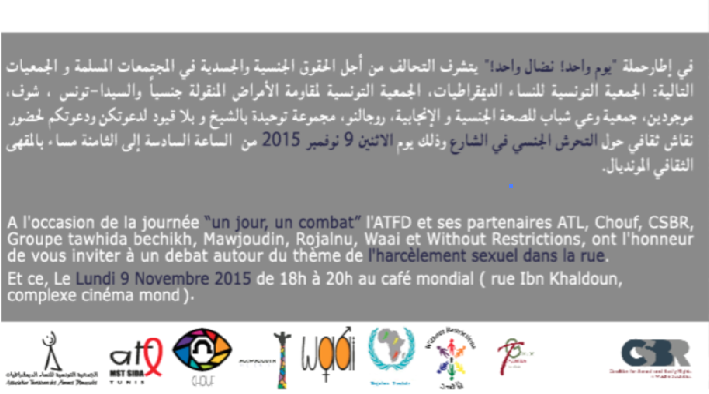

 With everyone’s permission, we documented participants’ expressions as we worked through the activities over the three days. For example, photos from when we talked about labelling, when we talked about stigma and how it impacts people; when we started exploring sexuality and how on the basis of diversity within sexuality people are discriminated against; the feelings of isolation, of rejection that all of us at some point in our lives have felt. You know for one reason or another, we have all been isolated. And it may not because of our sexuality at all, but each person would reflect on those experiences of marginalization, and its those reflective moments that have been captured in these photos.”
With everyone’s permission, we documented participants’ expressions as we worked through the activities over the three days. For example, photos from when we talked about labelling, when we talked about stigma and how it impacts people; when we started exploring sexuality and how on the basis of diversity within sexuality people are discriminated against; the feelings of isolation, of rejection that all of us at some point in our lives have felt. You know for one reason or another, we have all been isolated. And it may not because of our sexuality at all, but each person would reflect on those experiences of marginalization, and its those reflective moments that have been captured in these photos.”

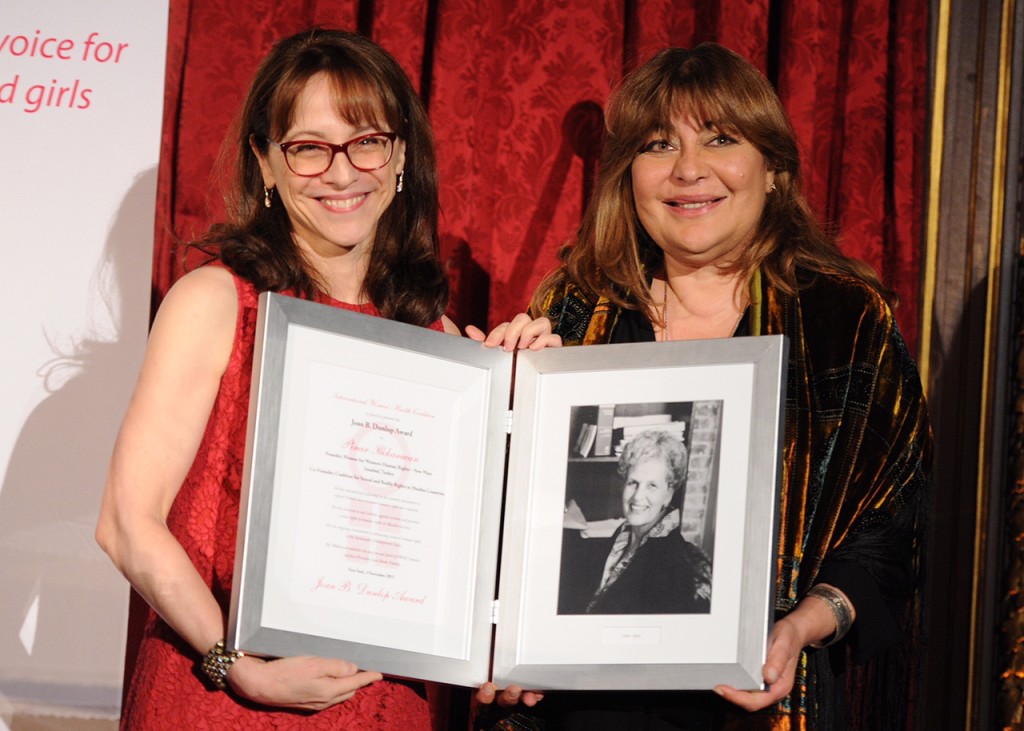
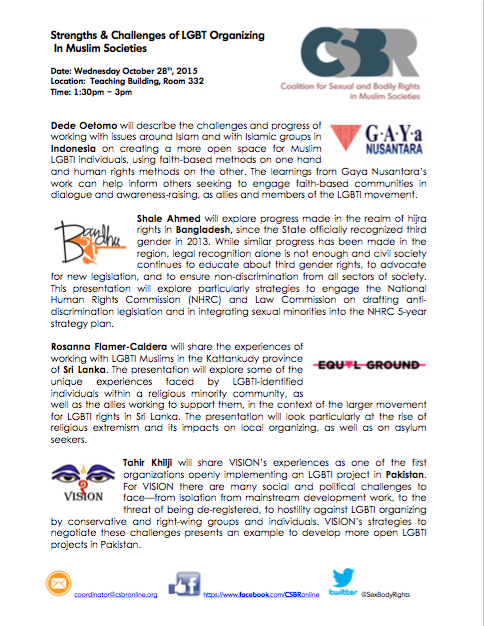
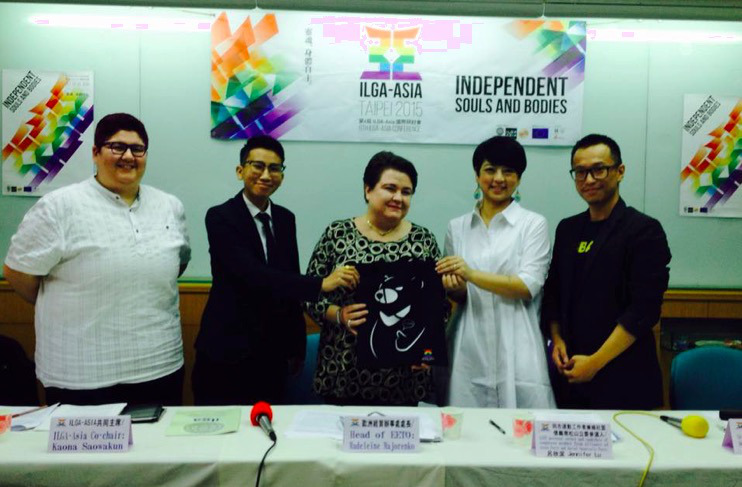

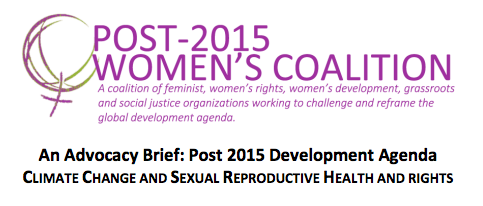 September 2015
September 2015 